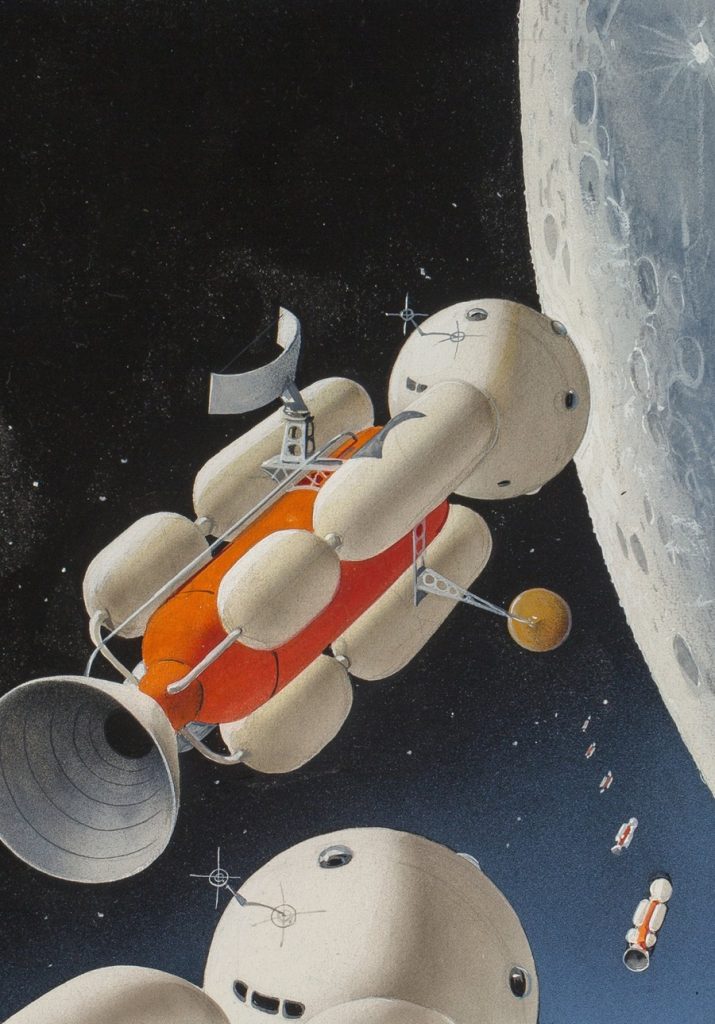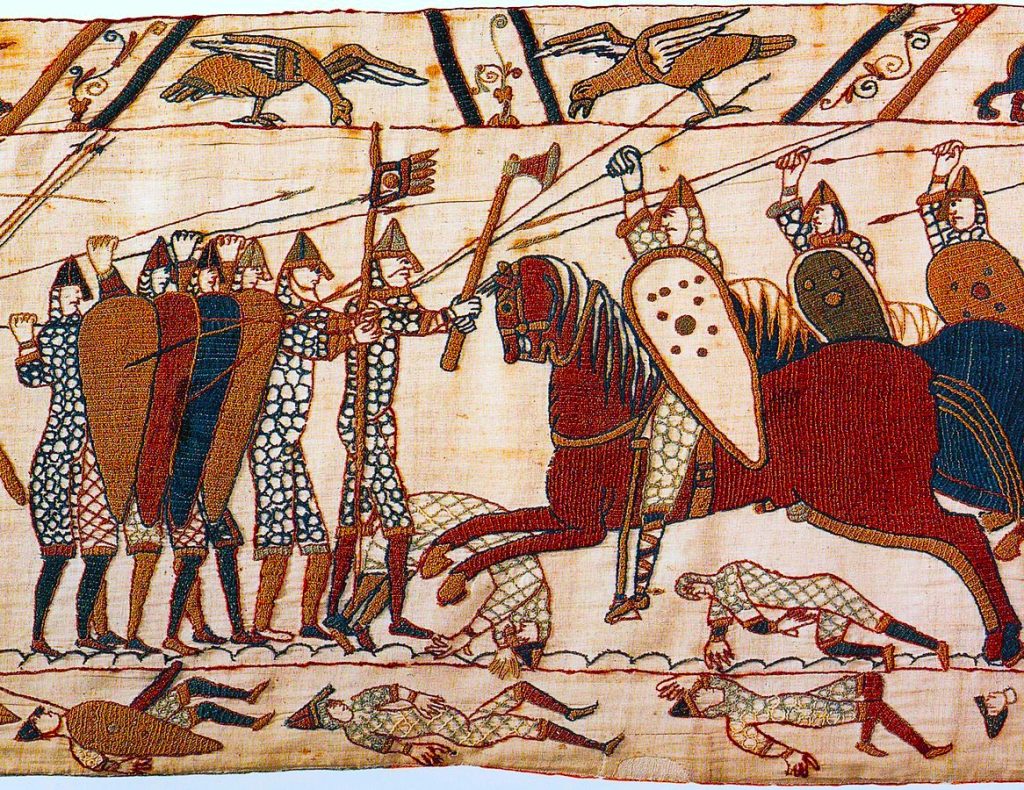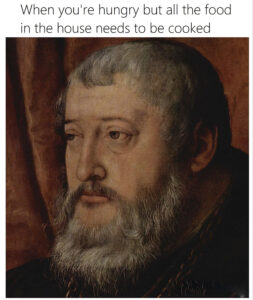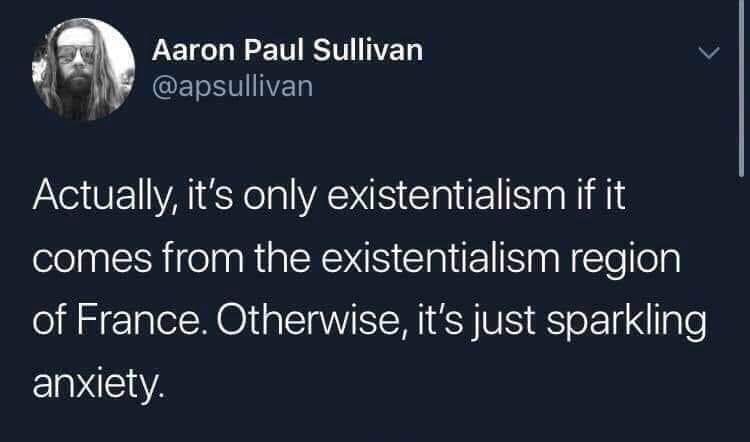I was waiting for the bus yesterday and something strange caught my eye.


What the hell is this? It seems to be inflatable because the characters bob around in the wind. It’s strange that this is here, both in Guelph and at this spot downtown. It will likely go unnoticed by the majority of people walking around this area because it’s tucked in the back of a building, however, anyone waiting for the bus at this stop can clearly see it.
Actually, I just thought of something. It’s far more visible when walking down the next street over, especially when headed eastward. Here’s a screenshot from Google Maps:

It would exist close to where that white pipe is. Now I will have to go back and take a look for myself to see how it looks from over here.
What is this building you may ask? Well, it happens to be 10C which makes this even more interesting. Prior to looking into this, I knew 10C to be a space that one could rent out for various events or work-related purposes; you can see here that Google lists it as a “coworking space.”

Let’s take a look at its website.
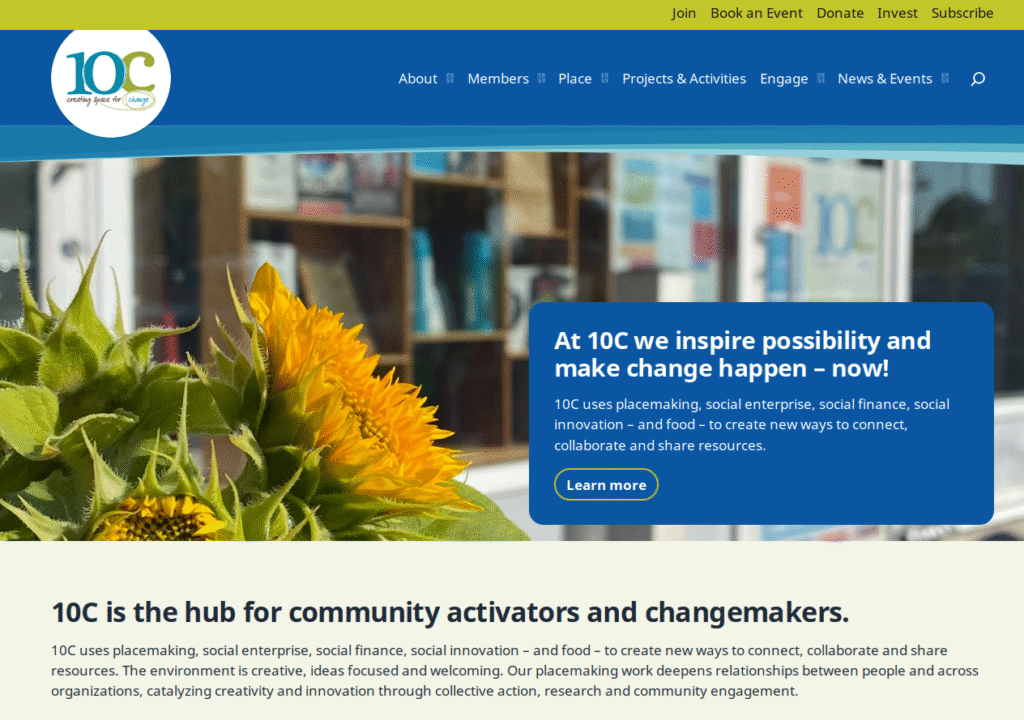
“…deepens relationships between people and across organizations, catalyzing creativity and innovation through collective action, research, and community engagement”? Interesting. Maybe their Projects & Activities page has more information.
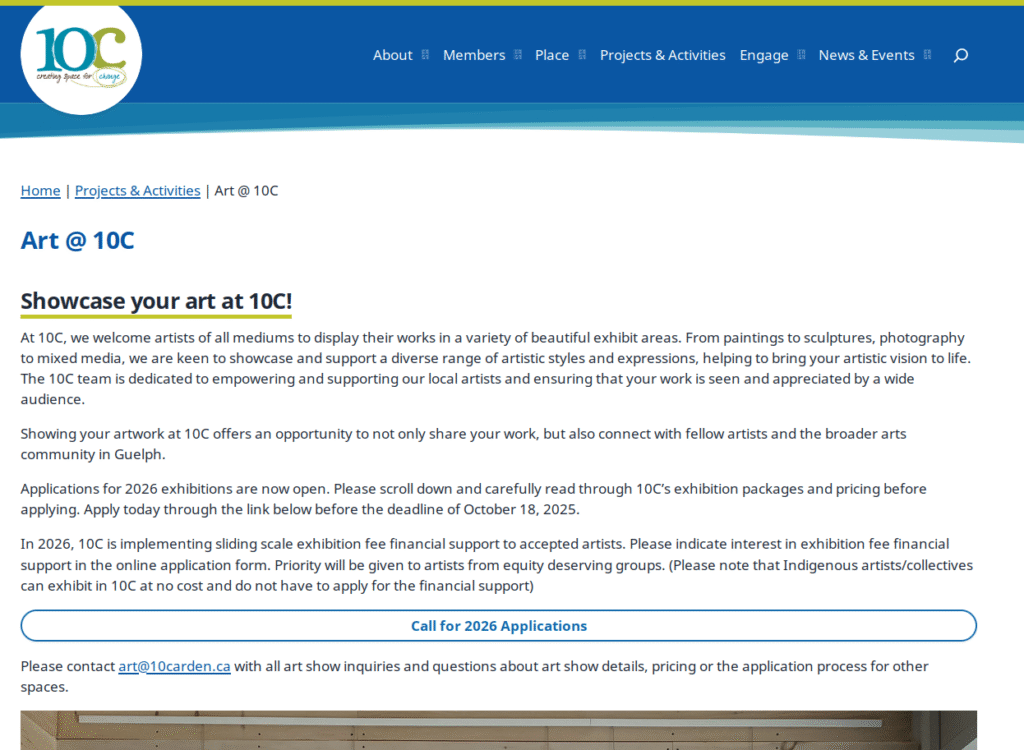
So it could be art! As someone who is supportive of the freedom of expression, I understand the artist’s inclination to make a statement about the abuses that gays and lesbians face in Islamic countries and regions around the world. I do find it weird, however, that such a evocative installation is so public, especially when the organization itself is interested in “community engagement” and creating a welcoming environment. Very interesting.
I found it. It’s by Roda Medhat, a Kurdish artist known for public installations.

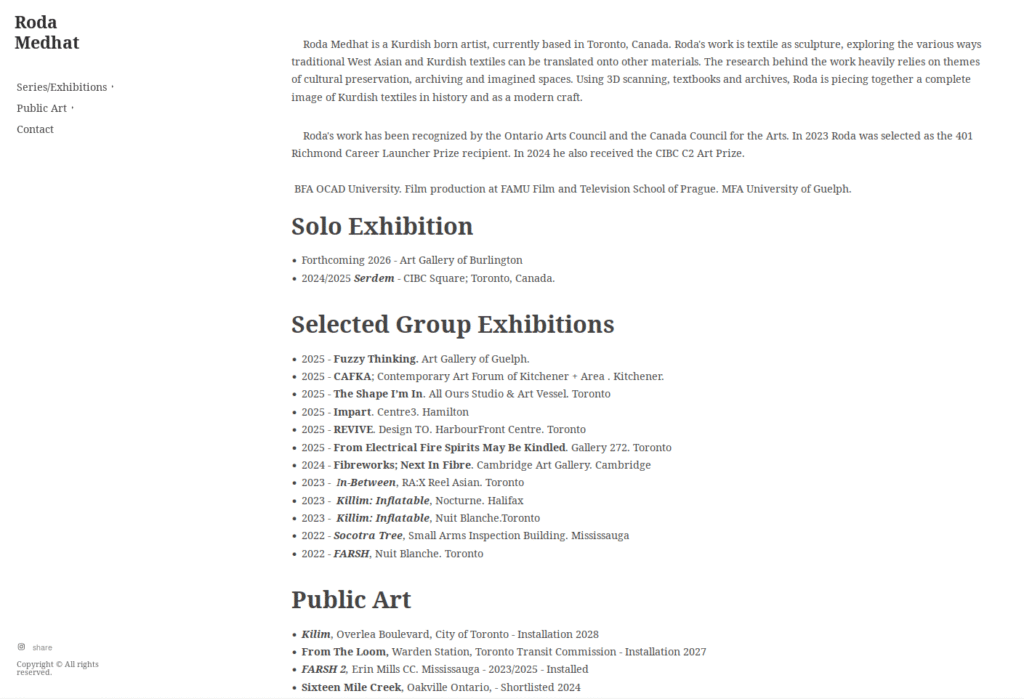
He doesn’t list it on his website, but maybe he will at some point.
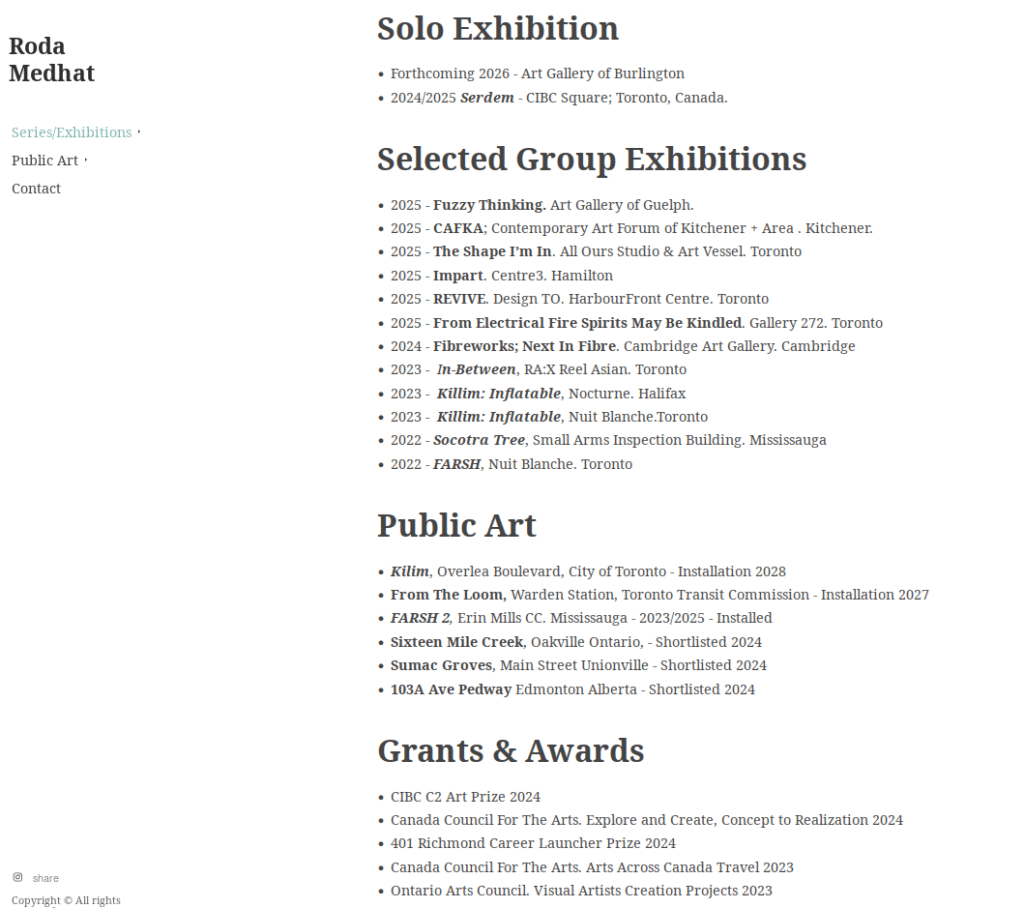
So, it is in fact not strange that this is here. Mystery solved.
Freedom of expression is a hot topic these days. There are some people who are free to express their opinions and beliefs without public shaming, and some who are not. There are some ideas that are open to being discussed and debated, while others are not. We are allowed to criticize some religions and spiritual beliefs but not others. Why is that? The reason most people would provide is that some forms of expression are “harmful.” It this really a “freedom” then, or just a form of propaganda? I would argue for the latter.
“Who cares if the random Muslim walking down Carden is offended, they’re the ones who participates in a religion which condemns homosexual relations,” one may claim. This form of “offensive expression” is acceptable because it criticizes a belief and practice which does not align with our own here in Canada. It is also likely to be deemed acceptable because the person making the statement is from an Islamic region of the world. It seems that these days, category members are free to criticize their own, but a person from a different group or category is not allowed to comment. Depending on who created the inflatable installation, it could have been deemed “Islamophobic” and 10C would have been more likely to throw out their application. It’s not “edgy” if I had made it, or if a gay person of unspecified ethnic identity made it. Arguably, it’s only considered art because its creator is criticizing his in-group. Otherwise, it may technically be art, but it’s inflammatory and can therefore be rejected as a meaningful contribution to the “art world.”
I find it interesting how some instances and forms of “harmful” or “offensive” acts of expression are acceptable while others are not, and the reasons given for the application of these labels. Often, ideas related to power enter into the discussion fairly quickly. We are supposed to fight for the oppressed and to undermine the oppressors. Ironically, this has resulted in a new form of authoritarianism, where anyone who does not agree with these endeavours, or even the premises their beliefs and actions are based upon, must be dealt with. Tolerance for in-group members only.

